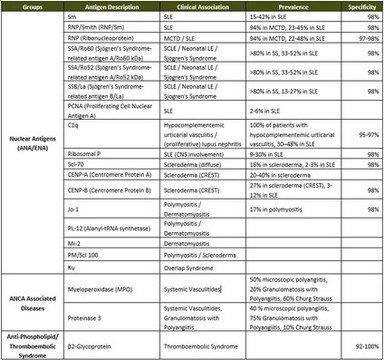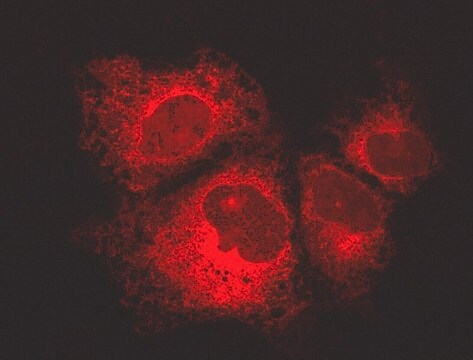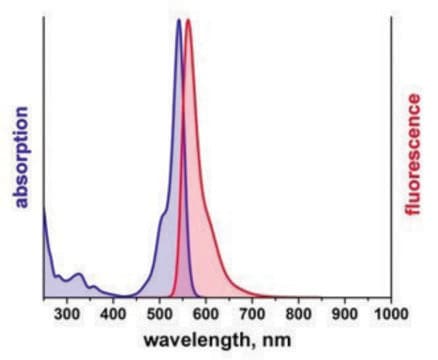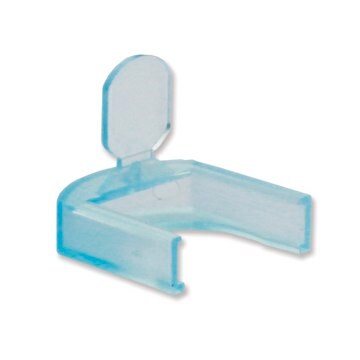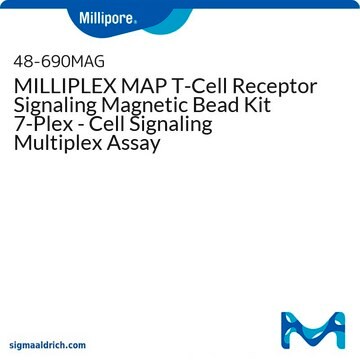HCYP3MAG-63K
MILLIPLEX® Human Cytokine/Chemokine Magnetic Bead Panel III - Immunology Multiplex Assay
Simultaneously analyze multiple cytokine and chemokine biomarkers with Bead-Based Multiplex Assays using the Luminex technology, in mouse serum, plasma and cell culture samples.
Synonym(s):
Human cytokine multiplex kit, Luminex® human cytokine immunoassay, Millipore human cytokine panel
About This Item
Recommended Products
Quality Level
species reactivity
human
manufacturer/tradename
Milliplex®
assay range
accuracy: 92-106%
standard curve range: 2.0-200,000 pg/mL
technique(s)
multiplexing: suitable
detection method
fluorometric (Luminex xMAP)
shipped in
wet ice
General description
The MILLIPLEX® Human Cytokine / Chemokine Panel III enables you to focus on the therapeutic potential of cytokines as well as the modulation of cytokine expression.
The
Luminex® xMAP® platform uses a magnetic bead immunoassay format for ideal speed and sensitivity to quantitate multiple analytes simultaneously, dramatically improving productivity while conserving valuable sample volume.
Panel Type: Cytokines/Chemokines
Specificity
Cross-reactivity between the antibodies and any of the other analytes in this panel is non-detectable or negligible.
Application
- Analytes: GCP2, HCC-1, I-TAC, IL-11, IL-29, Lymphotactin, M-CSF, MIG, MIP-3α, MIP-3β, NAP2
- Recommended Sample type: Serum, plasma, and cell culture supernatants
- Recommended Sample dilution: Neat plasma or serum. A 1:100 dilution is required for NAP-2 and HCC-1 for serum and plasma samples
- Assay Run Time: Overnight or two-hour primary incubation. For best results, an overnight incubation is recommended
- Research Category: Inflammation & Immunology
- Research Subcategory: Obesity, Metabolic Disorders, Inflammation & Autoimmune Mechanisms
Features and Benefits
Packaging
Storage and Stability
Other Notes
Legal Information
Disclaimer
Signal Word
Danger
Hazard Statements
Precautionary Statements
Hazard Classifications
Acute Tox. 4 Dermal - Acute Tox. 4 Inhalation - Acute Tox. 4 Oral - Aquatic Chronic 2 - Eye Dam. 1 - Skin Sens. 1 - STOT RE 2
Target Organs
Respiratory Tract
Storage Class Code
10 - Combustible liquids
Certificates of Analysis (COA)
Search for Certificates of Analysis (COA) by entering the products Lot/Batch Number. Lot and Batch Numbers can be found on a product’s label following the words ‘Lot’ or ‘Batch’.
Already Own This Product?
Find documentation for the products that you have recently purchased in the Document Library.
Related Content
See how multiplexing the inflammation signaling pathway with MILLIPLEX® inflammation assays or cell signaling assays can help researchers bridge the gap between immunology and cell signaling, including investigating T cell signaling, Th Cell differentiation, inflammatory response signaling, and sepsis signaling.
Our team of scientists has experience in all areas of research including Life Science, Material Science, Chemical Synthesis, Chromatography, Analytical and many others.
Contact Technical Service